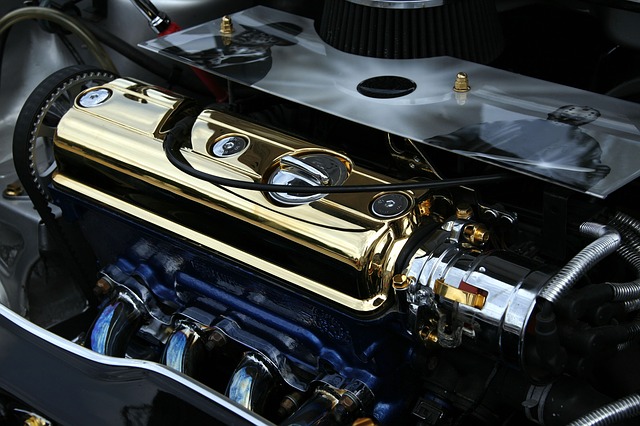It is not yet clear when cars that run on petroleum-based fuels will cease to exist. However, automakers around the world cannot afford to be left behind and are continuing to develop alternative powertrains. Such vehicles are not primarily dependent on the large-scale, often difficult and problematic production of petroleum-based fuels. Petroleum has to be extracted somewhere, and extraction of course requires a price. Thus, a liter of gasoline or diesel fuel is still expensive, and one might think that it would never get any cheaper. The price of crude oil and its products depends on many factors, including the location of extraction, distribution to the refinery, and subsequent processing.
Over the past 50 years, automobile traffic has increased several-fold
Another reason automakers continue to develop alternative powertrains is the amount of exhaust emissions from gasoline and diesel engines. 50 years ago, the amount of exhaust pollutants emitted from gasoline engines and diesel engines was much lower than the amount of pollutants emitted from gasoline engines and diesel engines 50 years ago, the amount of pollutants emitted from diesel engines and gasoline engines was much higher than it is today. Fifty years ago, few people were concerned about the negative impact of exhaust pollutants on human health and the environment. But since 1965, as the number of cars has steadily increased and traffic on our roads has almost doubled, we have had to address this issue: in the mid-1960s, only a few families owned cars on the same street; today it is common to see several cars per family.